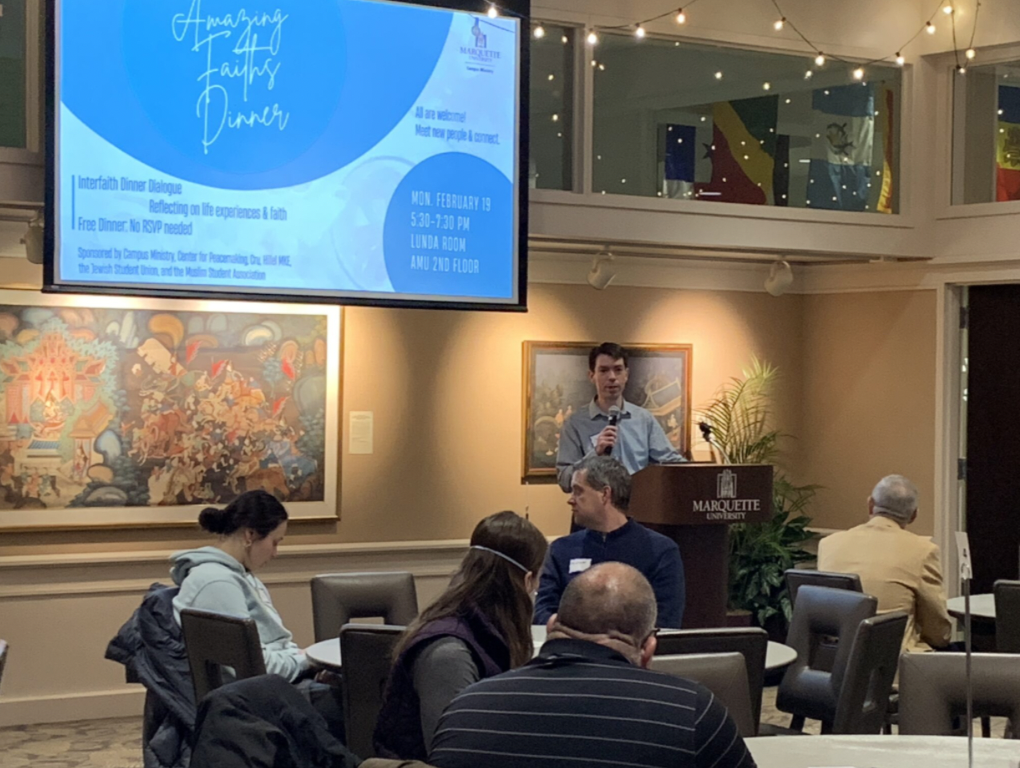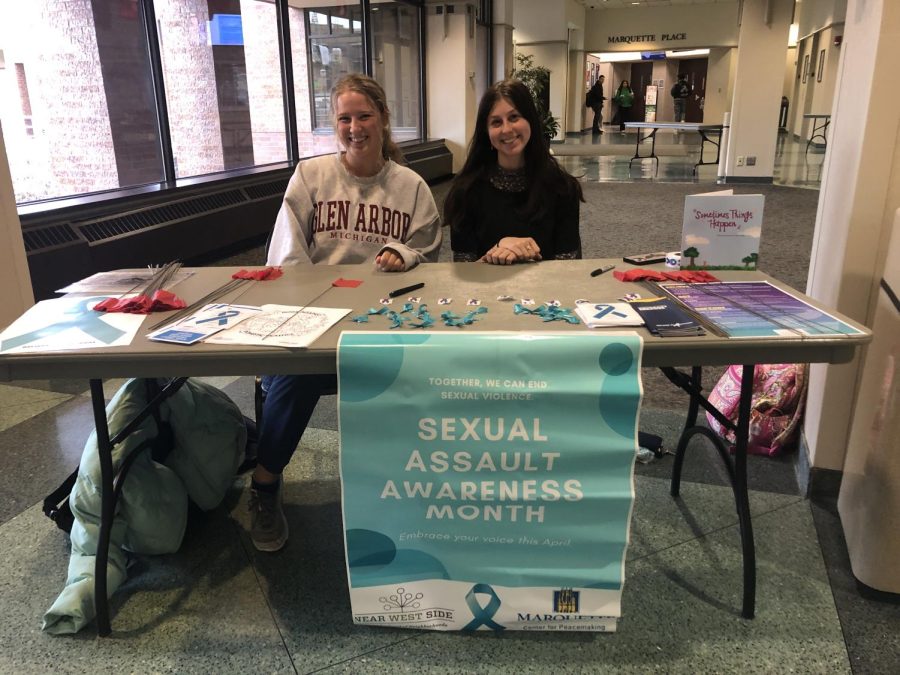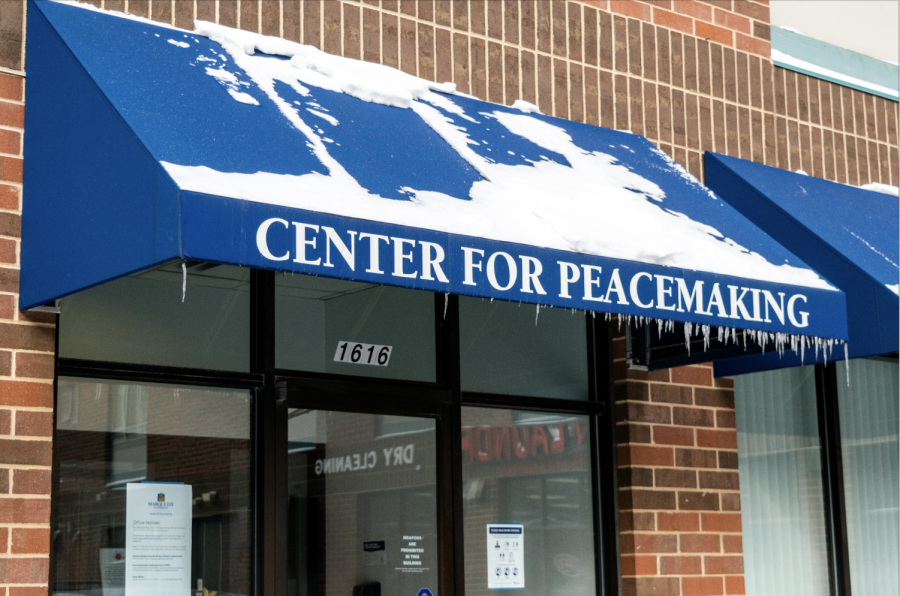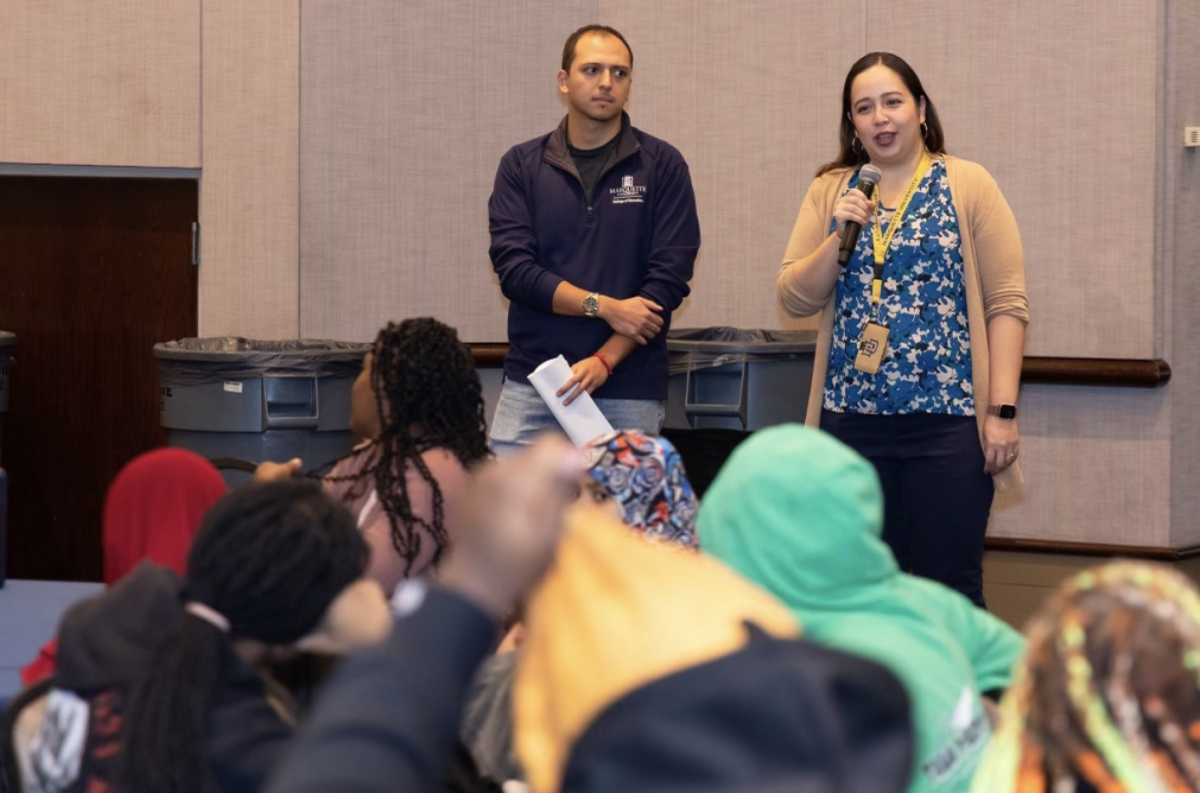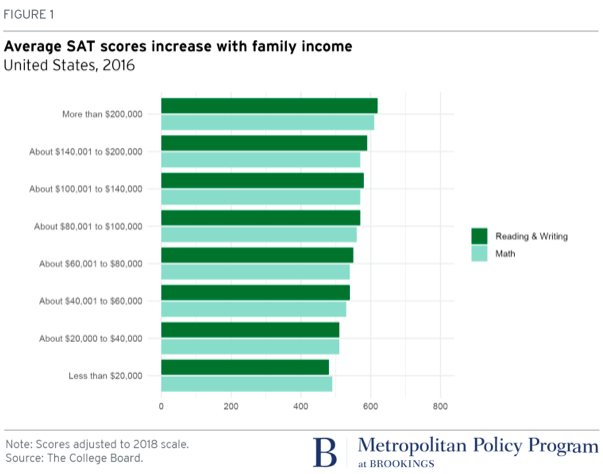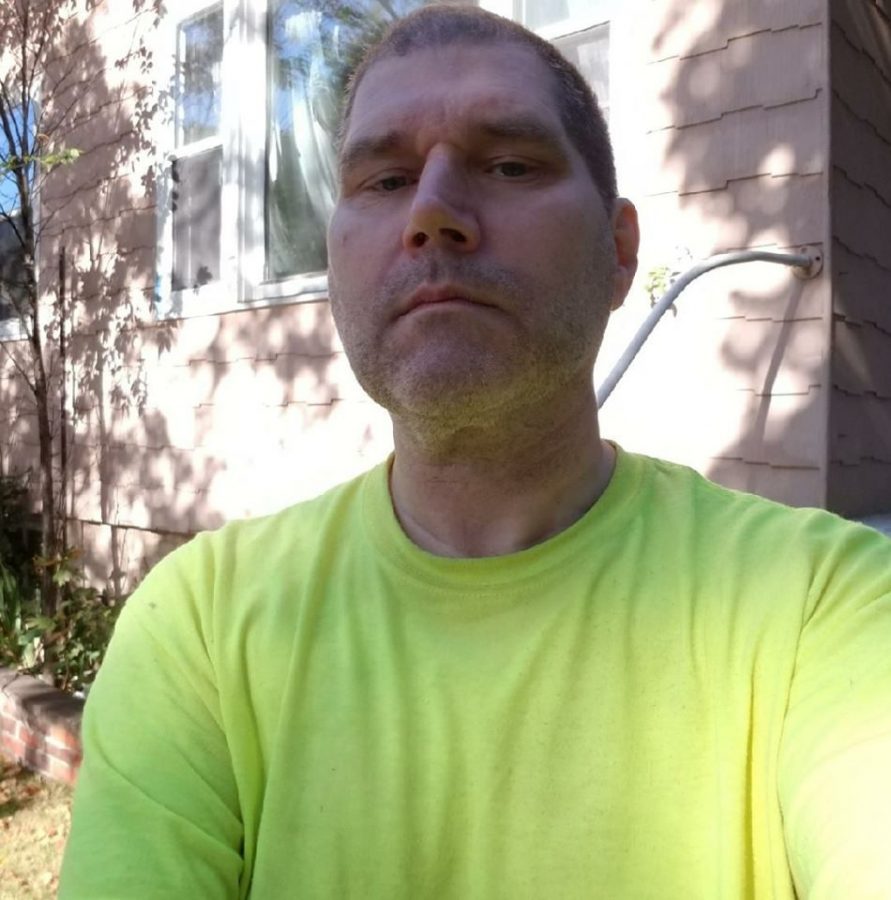Located on 3872 N 8th St. is a seemingly common brown building, but inside of the building is a one-of-a-kind program.
The Milwaukee Public Schools’ Success Center began out of a collaboration between the MPS system and Marquette University Center for Peacemaking. The other partners are Bloom Center for Arts and Integrated Therapies, Lutheran Social Services, Inner Light Yoga Studio and Bembé. The center provides mental health services and other resources for some MPS students.
“I think the partnership stemmed from knowing that students in MPS needed more support around mental health. So what we decided to do with that is figure out how we could partner on the Marquette and the MPS side and how to get our partners involved in the programming,” Maryland said.
Olivia Smith, a peace education specialist at the Success Center, said the students might be referred if they are struggling to be successful in the regular classroom environment.
“A lot of time the schools are noticing behavior issues in the classroom and it’s usually stemming from a mental health concern so we try to work and get at the root cause of what’s going on with the students so that the behaviors issue will subside,” Smith said. “When you’re in a classroom with 30 kids and the teacher is really frustrated, the behavior concern is what’s coming forward.”
The partners have people specializing in areas like art and music therapy, mindful movement and therapeutic music and dance. At the center, they have a school psychologist, social worker, special education teacher, parent coordinator and paraprofessionals who offer the students and parents support.
They have three cohorts of students per school year: The beginning of the school year, late fall and in the spring. Each cohort consists of about 12 to 15 students ranging from fourth to eighth grade. The students are referred to the Success Center by their school of origin, and they attend school at the success center for nine weeks.
During the nine-week period, the students are introduced to strategies and techniques that may help them cope with their mental health and their trauma, such as the emotional freedom technique and relationship building. Morris said it’s all about getting the student to recognize what works for them.
“That’s [relationship building is] huge if we can get them to get comfortable with us, to trust us. I think that’s where the real work begins with the students and because we have such a small class size we’re in a position where we can do that,” Samarie Morris, a peace works teacher at the Success Center, said.
Although some kids may be a little closed off when they first enter the program, Morris said they warm up and many don’t want to leave by the end of their time at the center.
“I like the fact that we have the opportunity to really get to know them and allow for them to really get to know us,” Morris said. “I feel that the kids when they’re here, don’t feel as though they’re just a number.”
As a previous MPS special education teacher, Smith appreciates now having the time to focus on the students, figure out what they need and let them have the space to become self-aware.
“There was a moment when one of our eighth-grade boys was helping one of the fourth-grade boys read a big word in front of the whole group. They were so loving with each other and supportive of each other, and I just love to see those moments because according to their teacher, maybe the student is so difficult or challenging,” Smith said.
By pouring love and support into the children, Smith said they get to see a whole different side of them.
Amelia Carlson, a junior in the College of Arts & Sciences, began working at the Center for Peacemaking a few years ago but was introduced to Maryland this year and began assisting at the Success Center.
“I’ve learned so much in my classroom and I never knew something like this was a thing. It’s just so cool to see how many different things can come from what you’re learning inside a classroom,” Carlson said.
At the end of the nine weeks, the students are transitioned back into their home MPS school. They will start transition meetings with the school of origin two weeks prior to the end of the program to put together a transition plan to ensure a soft handoff.
“Within that [the transition meetings], we discuss all the things that were working for that student over the nine-week period and make sure that they understand what the needs are and what needs to happen. From there we spend time in having our peace works team go out to the schools to check on the kids, to see how things were going and if there’s any support that the school needs,” Maryland said.
Although their time at the school has ended, the Success Center offers the students continued support throughout the year. Maryland said there needs to be more places like the Success Center.
“The family is the one thing I strive to make sure that we provide here,” Maryland said. “Not only for the kids, but for their parents, and more importantly for the team. When I say the team, everybody in this building. I really, philosophically believe that we have to be a family, we have to have our ups and downs, but at the end of the day when we walk out of the rooms we’re about these kids and that is something that everyone believes in, so that’s huge for me. That’s powerful.”
This story was written by Hannah Hernandez. She can be reached at [email protected].

